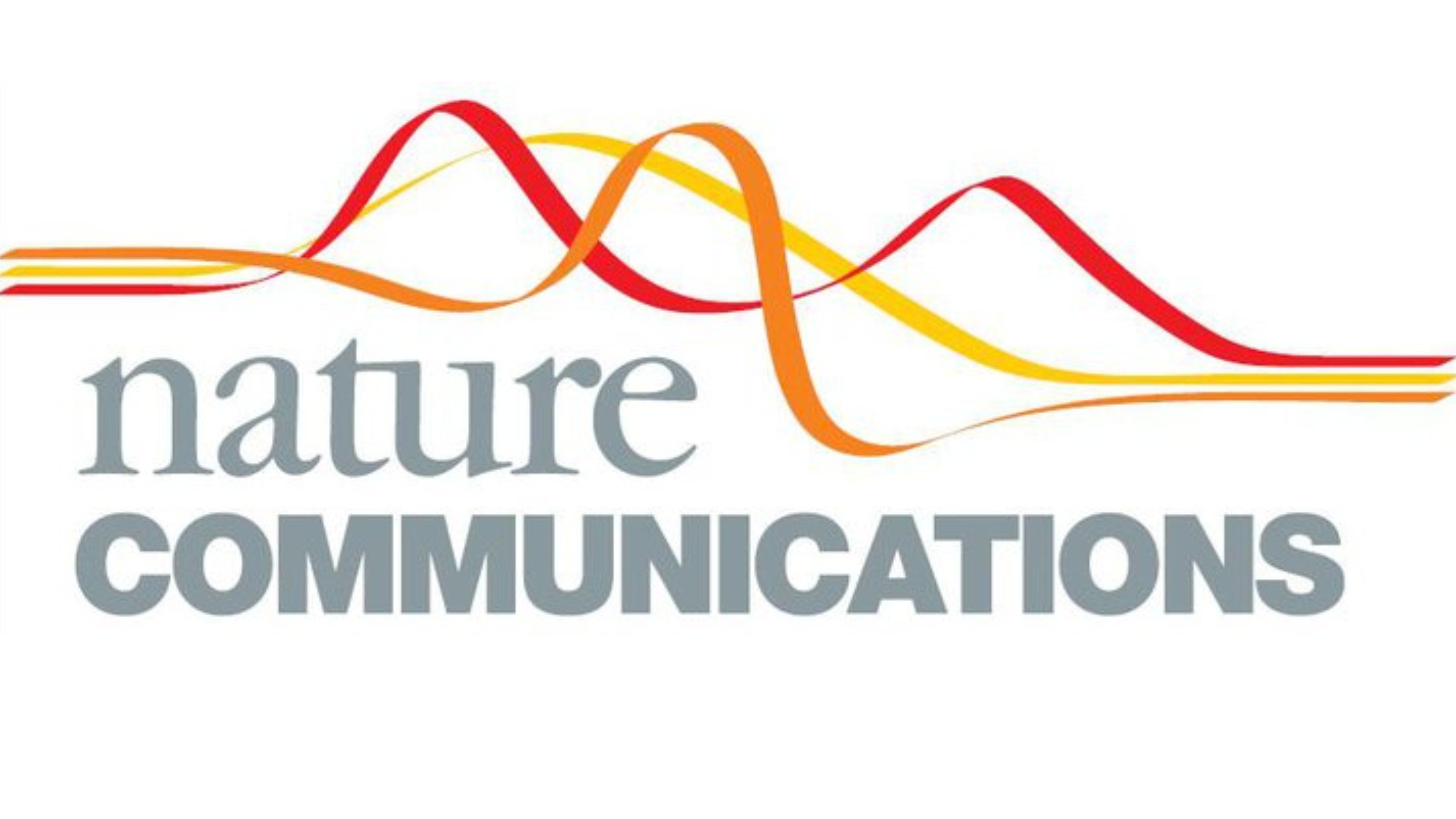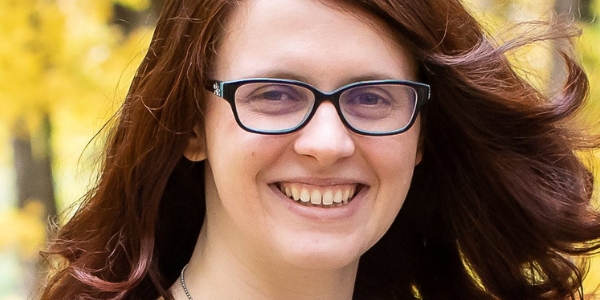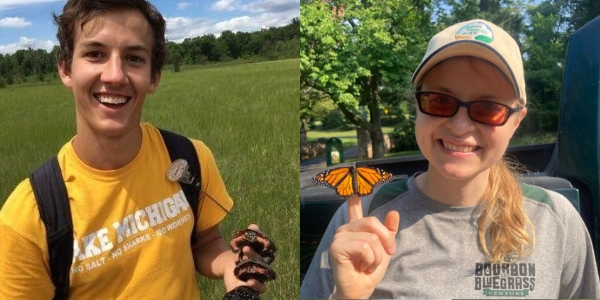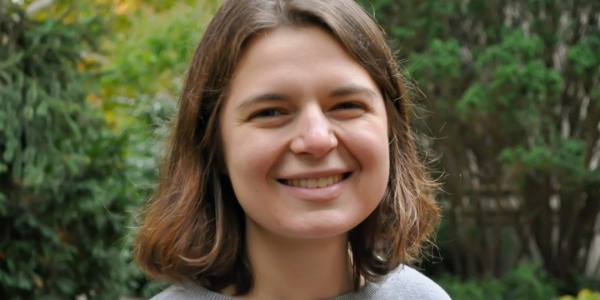Soranno tapped as chapter lead in National Nature Assessment
Patricia Soranno, a professor in the Department of Integrative Biology and EEB core faculty member, has been selected
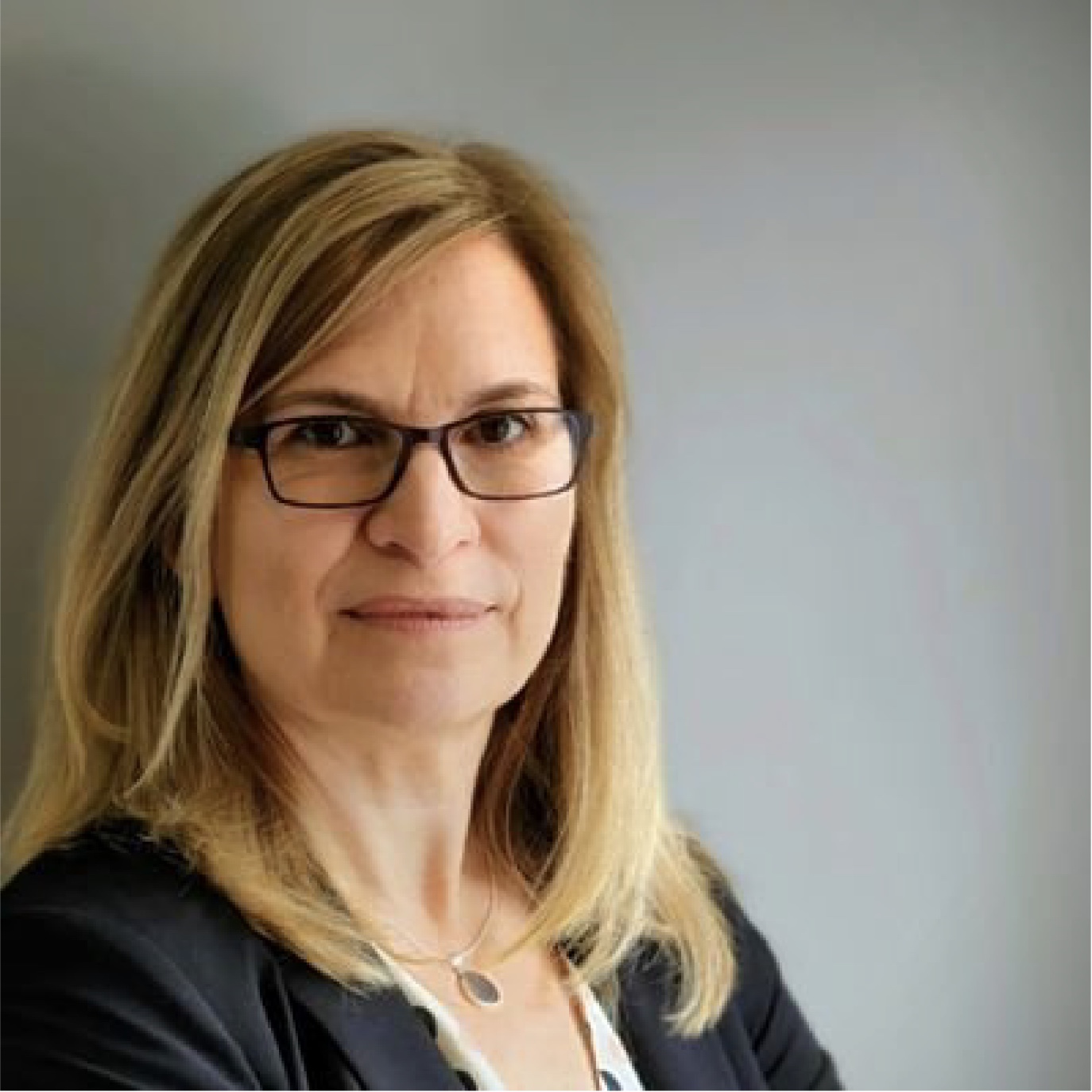
as one of 11 chapter leads for the first-ever U.S. National Nature Assessment.
The National Nature Assessment, or NNA1, is an initiative aimed at examining how the loss of lands, waters and wildlife — and the ecosystem services they provide — will impact aspects of life in the U.S. including health, economics and environmental justice.
The assessment will blend the expertise of collaborators from federal agencies, academia, indigenous communities and from private and non-profit organizations. It will work to understand the benefits provided to people by nature through recreational, cultural and economic value and how those benefits may be changing due to global change.
Soranno, an ecologist whose research aims to apply data intensive approaches to understanding inland freshwater systems across the nation, is appointed as the chapter lead on “Opportunities for Nature and People of the U.S.”
“The idea of this chapter is to be forward-thinking and aspirational, and to amplify important points from the rest of the NNA1,” explained Soranno, who is also the co-director of the Data-Intensive Landscape Limnology Lab.
She also recently became a senior fellow for research infrastructure through MSU’s Office of Research and Innovation.
“I like thinking strategically about how to enable research that is inclusive and cutting edge both at the national scale, and across a large complex institution such as MSU,” she explained, “Such complex challenges are complementary to the complex work required for the NNA1.”
Chapter leads were nominated through a public call for experts, issued by the steering committee with the Department of the Interior — the administrative agency which oversees the assessment.
Soranno is joined by other MSU faculty who have been invited to co-author the National Nature Assessment, including Kevin Elliott, a professor of philosophy in Lyman Briggs College, the Department of Fisheries and Wildlife, and the Department of Philosophy; Steven Gray, a professor of human-environment interactions in the Department of Community Sustainability; and Amber Pearson, an associate professor of health geography with a focus on social justice in the Charles Stewart Mott Department of Public Health.
Soranno first became aware of the National Nature Assessment while serving as the division director for the Division of Biological Infrastructure at the National Science Foundation from 2019 to 2023.
Now, she is working with a team of scholars from ecology, engineering, philosophy, environmental justice, and policy to synthesize knowledge on the critical interconnections of people and nature in the United States. Understanding the role that environmental justice and equity has played to date will be essential for the future and is a key question that the team seeks to address.
In 2022, the United Nations General Assembly adopted a resolution that states that there is a universal human right to a clean, healthy, and sustainable environment, Soranno explained.
“We know of past and current environmental injustices that limit who benefits from nature, and these impacts stem from how decisions have been made and who has had the power to make them,” she said, emphasizing that such injustices have disproportionately affected certain populations in the US.
“When I think about opportunities for America's nature,” Soranno said, “my team and I are trying to identify important areas that that give us hope for the state of America's nature moving forward” without repeating past mistakes.
Soranno said that she views this appointment as an opportunity to address complex problems in an integrated way to help improve the way that nature is valued and used in the future. Soranno emphasized her desire to bring diverse voices onto the team, and noted that she’s interested in collaborating with scientists, ethicists, policymakers, interdisciplinary scholars and philosophers to develop the chapter.
Historically, Soranno explained, our way of thinking about nature as a society has had damaging effects on both natural resources and people.
“We could be doing a lot better in taking care of nature and in ensuring that its benefits are equitably distributed,” she said. “I hope that, together, we can shift how people think about nature and its critical role in people’s lives and their well-being.”
“To make any meaningful change in offsetting the impact humans have on the natural environment, and the crucial ecosystems that we ultimately depend on, we must identify those opportunities for change at the nexus of science, policy, and socioeconomic issues that will most effectively ensure a better future – for nature and ourselves,” said Chris Kelbe of the National Oceanic and Atmospheric Administration, or NOAA, in a release.
